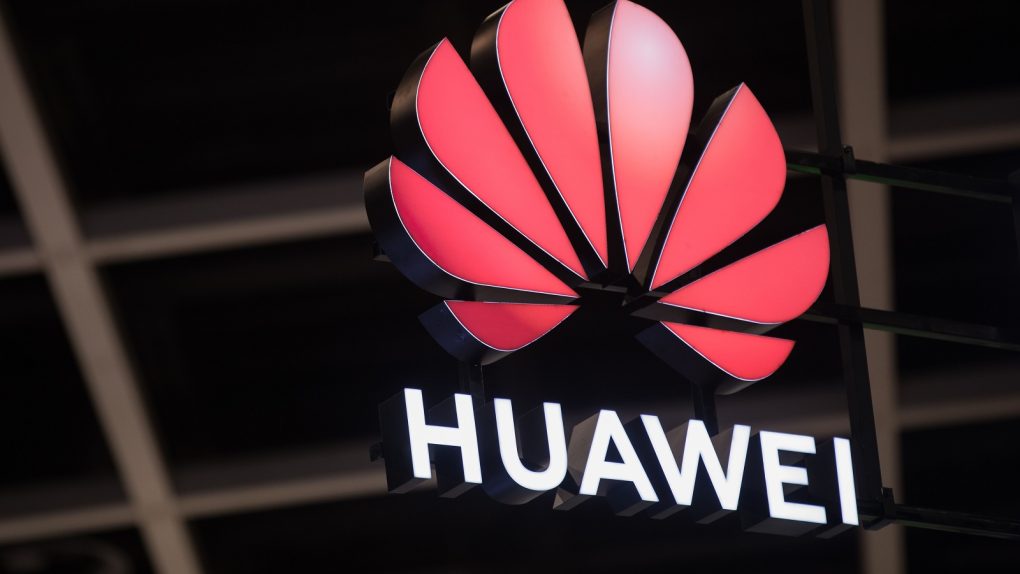Huawei is readying its own operating system that could launch as soon as October alongside the Mate 30 Pro flagship smartphone, according to recent reports. Huawei founder Ren Zhengfei said in an interview that the new operating system, which is based on Android, is even faster than Google’s mobile OS. He also confirmed what previous reports noted about the new platform, codenamed Hongmeng for the time being: that it’ll work on a variety of devices including laptops. In fact, he said it might be even faster than macOS. That said, it doesn’t matter how fast Hongmeng will be, because Huawei will have a tough time selling it in western countries.
In an interview with French periodical Le Point (via Sina Technology), Ren said that Hongmeng is meant to also work on network switches, routers, servers, smartphones, and other internet-connected devices. If that sounds familiar, that’s because Google’s new Fuchsia OS is also meant to run on a plethora of devices, not just smartphones and tablets.
Ren also said that Huawei’s OS has a processing delay of just five milliseconds, which makes it faster than both Android and macOS, with particular emphasis on the former. The inclusion of macOS here is an indication that Hongmeng will be an alternative to desktop operating systems like macOS and Windows 10.
The exec admitted that Huawei’s main problem with this product is the lack of an application store, so competing against the iPhone and Android will be difficult. But the company is developing its own app store, which is what Amazon does for its Android fork. But that’s still the main reason why hardcore Android users won’t care that Huawei has an Android-based OS that’s faster than Google’s. The critical apps that Google and its partners bring to the Android experience, including the Play Store, Google Maps, and other Google apps, won’t be available on Hongmeng devices.
On top of that, there’s a second reason some western customers might be less interested in an operating coming from Huawei, no matter how fast it might be, and that’s security. As I said in the past, Huawei sent a clear message when it highlighted all of its critical partnerships with Google, Microsoft, and other tech companies during past product announcements: Its devices are secure, and Google and Microsoft can vouch for that.
Selling Hongmeng-based phones and laptops in Europe, the US, and other western markets will be a lot more difficult. Some people who have seen all those warnings from the US that Huawei gear can be used for spying, might not trust a device that runs an operating system that Huawei controls.
Ren did not reveal when the operating system will be launched. But given that the ban on Huawei is still very much in effect, it wouldn’t be surprising to see Hongmeng debut later this year, at least in China.








